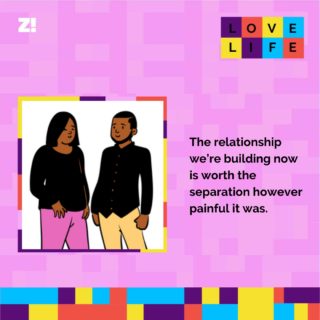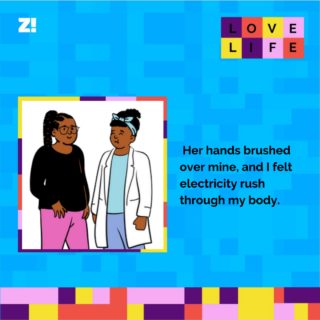Bants aside, over the past 10 years, Twitter has grown to be a source of livelihood, companionship and information. This ban as declared by the Federal Ministry of Information and Culture has a ripple effect on millions of Nigerians. Here are six ways Nigerians will be affected by the ban:

1. Business sales/conversions
Many Nigerian small businesses use Twitter as their sole storefront while others combine efforts with other social media platforms such as Instagram and Facebook. For smaller businesses, owning a Twitter account sidesteps the hassle of sourcing and renting a physical store. Bigger businesses use Twitter to update customers on new products and address immediate concerns about their product or service. With this ban, these businesses will be cut off from loyal users as well as potential markets.
2. Job opportunities
Alongside the banter tweets across the timeline, tweets like this often go viral.
Sometimes, these people come back to tweet that they got the job. Twitter has also been instrumental in calling out fake job opportunities. A Twitter ban curtails access to information like this.
3. Visibility
Minorities which include smaller ethnic groups, the LGBTQ community, the differently-abled community and other underrepresented groups use Twitter to discuss issues that affect them. This helps them gain visibility and many times, help from random strangers on the internet. This also applies to atrocities committed by the government or criminal cases such as the Lekki Toll Gate Shooting
4. Information
Nigerian youth use Twitter as a source of news. As Television and radio compete with social media platforms and streaming services, Nigerian youth rely on Twitter as a source of information. Many Nigerian news platforms break news on their Twitter accounts. The government often uses Twitter to pass information across the country. Without Twitter, the government is more or less out of touch with its people.
5. Informal education
Twitter is a good way to learn things you would otherwise not know. For example, many UX designers say they found UX design on Twitter alongside a community.
Other times, it’s practical things like how to use a VPN.
6. Fundraising/ sourcing for help
As the economy worsens, more and more Nigerians use Twitter to crowd raise funds for health purposes, academic purposes and sometimes even day to day survival. Many times, Twitter users have contributed enough money to see a family through distress. With a ban, such opportunities would be deprived of people who have no other alternatives.




